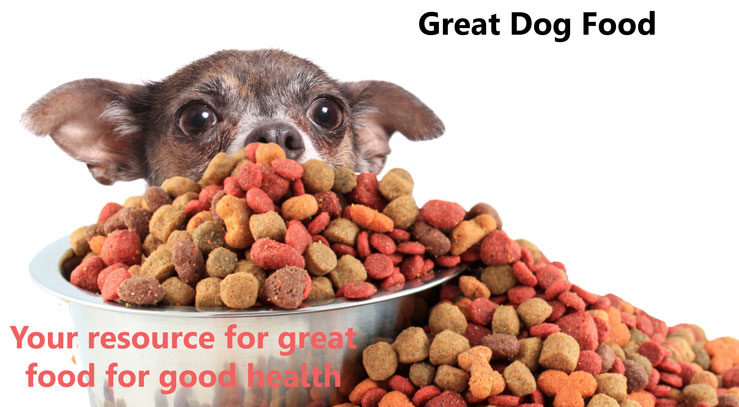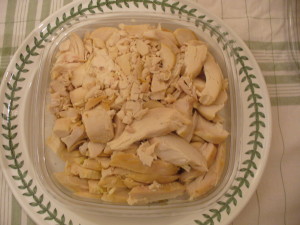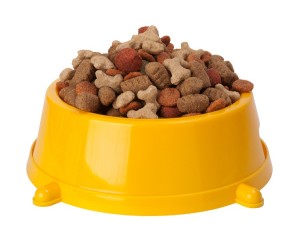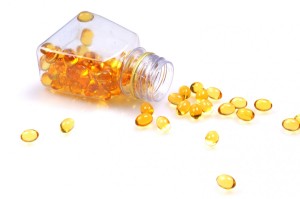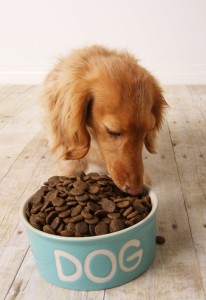When you have a sick dog, and your vet is prescribing medication for your dog’s ailment, you should consider diet as another way to react to symptoms of medications, and use of such medicines. With each medication, comes a set of symptoms that is new to your pet, with the use of the medication. Our dog suffered from inflammatory bowel syndrome, which was supported by Prednisone, and offered her inflammation relief with this medication, but did bring on increased water intake and urination symptoms. Similarly, she was on Cerenia for nausau, which created some anti-hunger symptoms, and some sleepiness. Not only that, but she was on Metronidazole and Famotidine for stomach acid and loosening of the stomach exit muscle created some wellness results, but there were some poor results, as well. The medicine did not work if it was not given a 20- 30 minutes before a meal. And, for a sick dog, only medication and protein offered the right way gave us great success.
Medication Works Best with a High Protein Meal
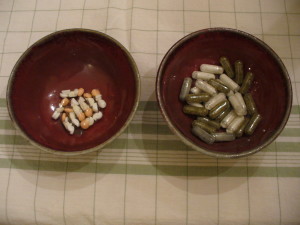 How is it that medication will work better for a dog on a high protein diet? The answer is simple, especially when the dog is taking orally prescribed medications. The real reason is that the protein chain ensures that medication works best, and when you look at the results, you are certain to find better results with your dog with this combination. Dogs are protein eaters, and do much better when sick, on protein vs carbs for their meal plan. When you are searching for the right solution, go to your vet, get the right medication, and then, really consider their diet.
How is it that medication will work better for a dog on a high protein diet? The answer is simple, especially when the dog is taking orally prescribed medications. The real reason is that the protein chain ensures that medication works best, and when you look at the results, you are certain to find better results with your dog with this combination. Dogs are protein eaters, and do much better when sick, on protein vs carbs for their meal plan. When you are searching for the right solution, go to your vet, get the right medication, and then, really consider their diet.
Protein strands keep toxins from staying in the blood, and often have a way of sticking to calcium and magnesium deposits. With advanced age, dogs have a great advantage with a protein diet, as they will eliminate any toxins with ease. The protein will be easier to manage with medication as well. A good form of protein is chicken, as it is lean and can be the right processor for adding collagen and good connective tissues. Livers function better with a protein diet, and often release lots of good enzymes for digestion. There are sometimes higher liver levels with a high protein diet, but it offers a way to keep the medicine working correctly. When you consider how diets are often changed to low fat, and dogs develop cancers or tumors on this diet, this is an indicator of lower levels of liver activity.
Medication can be Encapsulated for Best Use
 A vegetarian gel capsule will be a great way to pocket pill your dog’s medications for ease of orally submitting your dog’s medication. Sometimes, pills taste really bad, so encapsulating them in a no yeast, no wheat, no gluten, no corn, no soy milk, no sugar, no starch, no preservatives, or animal products. This way, you are not interfering with the medication in its effectiveness, but allowing it to be ingested by the dog correctly.
A vegetarian gel capsule will be a great way to pocket pill your dog’s medications for ease of orally submitting your dog’s medication. Sometimes, pills taste really bad, so encapsulating them in a no yeast, no wheat, no gluten, no corn, no soy milk, no sugar, no starch, no preservatives, or animal products. This way, you are not interfering with the medication in its effectiveness, but allowing it to be ingested by the dog correctly.
Medication should be given before a meal
Encapsulated medication, should always be given 20 minutes before a meal. This will ensure a good digestion of the protein and allow for good support of the medication. Only be sure to give medicines that need to be given on a full stomach, after your other pills. When you have a sick dog, this will ensure you have good success, and eventual stop of the medication going forward.
